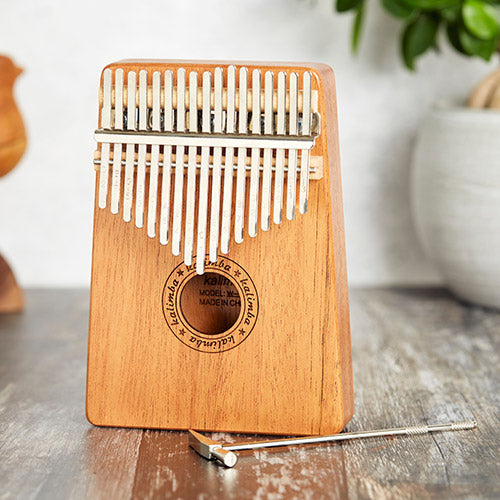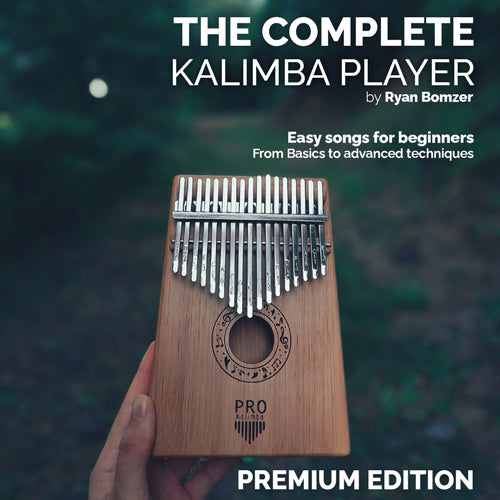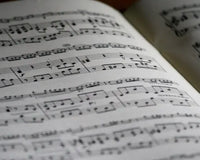Pyotr Ilyich Tchaikovsky's "1812 Overture" is a grand orchestral work that commemorates Russia's victory over Napoleon's Grande Armée in 1812. The piece is known for its patriotic themes, dramatic flourishes, and use of cannon fire and church bells. The "1812 Overture" is structured into several sections:
The piece opens with a solemn and majestic theme representing the Russian Empire. The French Invasion: Tchaikovsky introduces a French theme to symbolise Napoleon's invasion of Russia, accompanied by ominous and tense music. Battle Scenes: The music intensifies as the Russian and French themes clash in a musical depiction of the battle. The orchestra portrays the chaos and violence of the conflict through rapid passages and dramatic crescendos.
Triumphant Victory: Following the battle, the Russian theme emerges victorious, signalling Russia's triumph over the invaders. The music swells with triumph and celebration. The piece concludes with a rousing finale featuring a reprise of the Russian theme, accompanied by the ringing of church bells and thunderous cannon fire. This section represents the joy and relief felt by the Russian people after repelling the French forces.
Letter notes
A# D#° F° G° F° D#° F° G° D#° D#°
A# D#° F° G° F° D#° F° G° D#° D#°
C° F° G° F° C° G# C° F° C° G# C°
F° A# D#° F° D#° A# G A#
D#° A# G A# D#°
Number notation
6# 2#° 4° 5° 4° 2#° 4° 5° 2#° 2#°
6# 2#° 4° 5° 4° 2#° 4° 5° 2#° 2#°
1° 4° 5° 4° 1° 5# 1° 4° 1° 5# 1° 4°
6# 2#° 4° 2#° 6# 5 6#
2#° 6# 5 6# 2#°
The Only Kalimba Guide You’ll Ever Need!
The Complete Kalimba Player eBook is a 62-page resource packed with tuning guides, diagrams, exclusive tips, and 37 easy songs for all skill levels. Save time with this all-in-one guide—the only resource you’ll ever need! Get instant access to a quality-checked, printable PDF full of variety.
Was £10, now £5—offer ends soon, get yours now and start your kalimba journey today!










